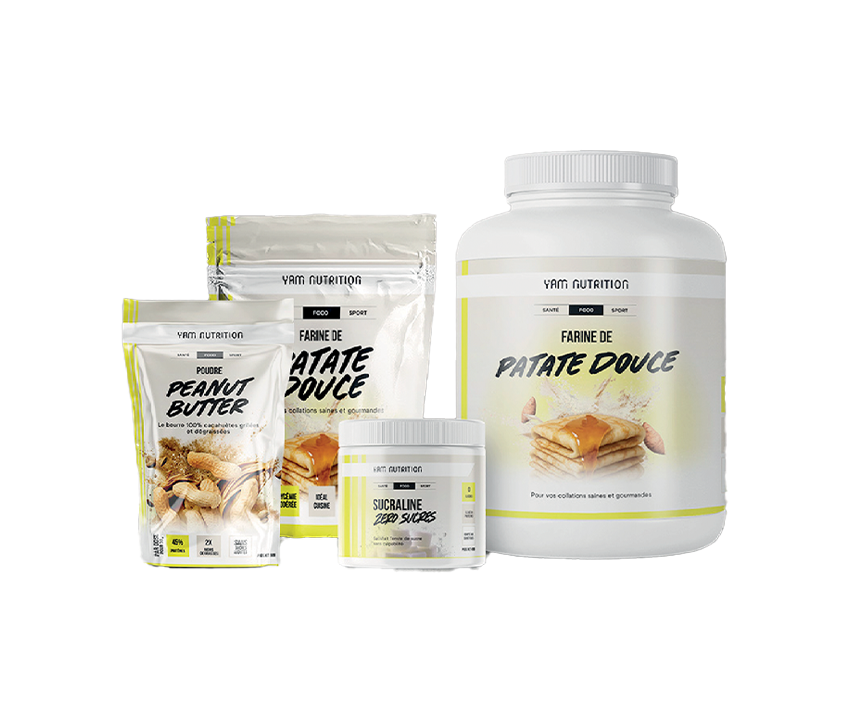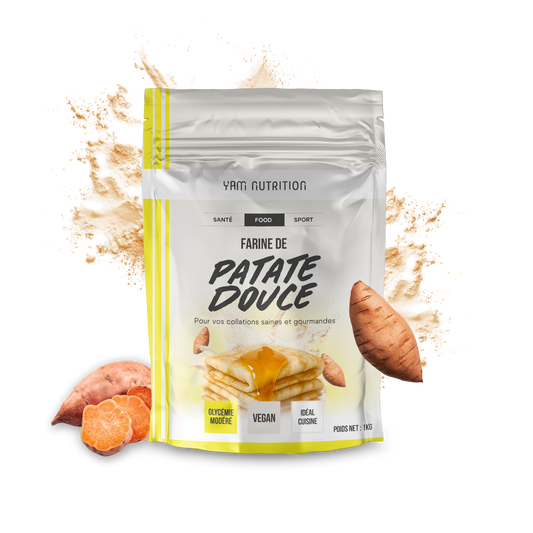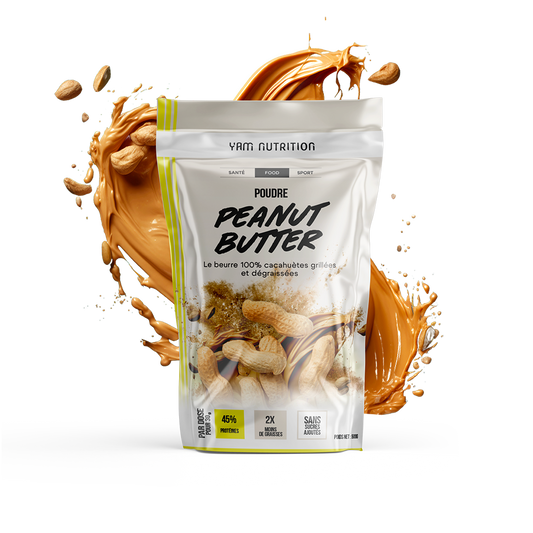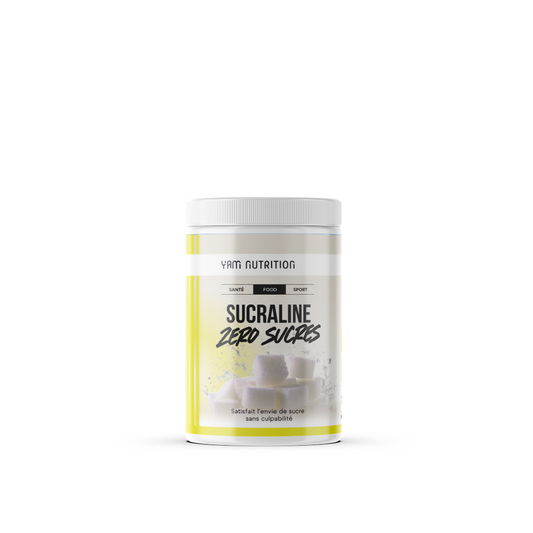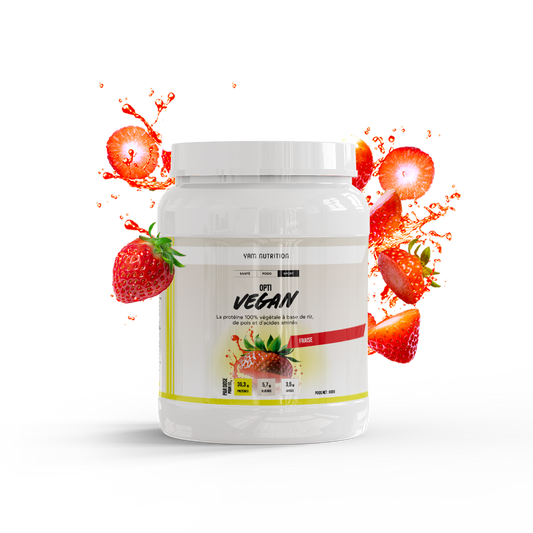Whey made in New Zealand: A criterion of high nutritional quality?

Sommaire
- What are the nutritional benefits of Whey?
- Is an isolate better than a concentrate or a hydrolysate?
- How to recognize a quality Whey among all the proteins on the market?
- YAM Nutrition's Whey Isolate, a superior and healthier nutritional quality
- New Zealand dairy cows are grass-fed, hormone- and antibiotic-free
Whey protein has been recommended for sports, particularly strength sports, for over 25 years. Under its trade name, “ Whey ” is an interesting protein for bodybuilders because its cost remains moderate, its nutritional quality is high and its taste is quite pleasant for most athletes. For those under 30, whey (another name for whey) is considered the best source of protein, even if other proteins (notably the famous Milk & Egg , a blend of milk and egg proteins) are particularly qualitative. Nutritionally, this protein powder provides you with a large quantity of amino acids and peptides, amino acids linked together. Light protein whether it is an isolate or a concentrate, the whey provides an unbeatable amount of nitrogenous nutrients (primary constituents of a protein) as well as calcium.
For your healthy and delicious snacks Peanut butter made with 100% roasted peanuts 100% plant-based protein made from rice, peas and amino acids
Sweet potato flour
Sale price
From 19,90 €
Peanut Butter Powder
Sale price
24,90 €
Opti-Vegan
Sale price
From 37,90 €
These amino acids are used in the synthesis of our own muscle, organ and tissue proteins. Let's say that since that time, the whey became the first functional protein (which participates in the synthesis of cellular and organic elements) on the market. sports nutrition . However, it is not enough to take just any milk to make it an acceptable source of whey powder. Indeed, the criterion is based on the protein concentration is far from being the only nutritional quality criterion to consider. The origin of the milk, its quality and freshness must be evaluated first. Currently, the preferred origin for milk quality would be that of New Zealand, we will discuss this again in this article.
What are the nutritional benefits of whey?
As you know, whey is a protein found in cow's milk. In other words, it is a protein that is made to nourish the calf by providing it with the essential nutrients for its physical and immune development. In humans, breast milk is also composed in a similar way, that is to say, it provides fast-digesting proteins and other slow-digesting proteins. This easily explains why the whey is also rich in amino acids essential, non-essential and peptides since it must nourish the newborn but also protect it. These peptides (immunoglobulins, etc.) are largely involved in strengthening the animal's immune defenses.
That being said, whey has a level of essential amino acids, BCAA , of Leucine and Glutamine, a record that is rarely found in other proteins. It is complete since it contains all 20 amino acids necessary for our body, without suffering from a deficiency in some of these amino acids. This means that its aminogram is considered particularly favorable from a nutritional point of view. It is one of the most complete and assimilable proteins that nature can offer us, even if other proteins, animal and vegetable, are all equally acceptable from a nutritional point of view. This dietary quality and its ease of assimilation have largely contributed to its success among bodybuilders and strength athletes...
Is an isolate better than a concentrate or a hydrolysate?
In fact, whether it is a concentrate, an isolate or a whey hydrolysate, the differences between these different forms of protein are quite small. The industrial filtration quality of proteins already allows for 80% protein on dry extract, which is considerable and qualitatively very favorable from a nutritional point of view. Simply compare with the 30% protein rate generally required for the food industry and you will understand that even a simple whey concentrate is already a very qualitative protein from a nutritional point of view. If you do bodybuilding regularly, a whey concentrated is already able to supply your muscle mass in a completely adequate way.
A whey isolate typically contains 90% of proteins . Industrial filtration methods are more complex than for concentrate, allowing to obtain almost all the proteins, peptides and amino acids present in the food source. Thus, the Whey isolate is richer in amino acids, generally Cysteine and Leucine. In fact, this may be an advantage, but it is very relative, given the small difference in the quantity of protein present compared to the concentrate. The isolate is more expensive, it will suit those who want to benefit from optimal protein quality. Then comes the hydrolyzate of whey , a pre-digested protein that has undergone hydrolysis so that the peptides are directly assimilated. Whey hydrolysate is expensive and does not offer any overall superior benefits unless you want to assimilate the protein very quickly. In contrast, a hydrolyzed casein will bring you the same benefits, without you having to pay the full price.
How to recognize a quality Whey among all the proteins on the market?
Whether it's a concentrate or an isolate, many other factors will affect the quality of your whey . Instead of asking yourself if the whey contains 80, 90% protein or more, ask yourself about the quality of the source of milk protein and the conditions in which the milk is obtained; this will make more sense. Indeed, the conditions in which the herd is raised (free grazing or in a stable, absence or reduction of stress on the animal, etc.), quality of the grass (absence of pesticides, chemical fertilizers, etc.) and environmental phenomena such as pollution and other factors, all of these parameters will naturally affect the quality of the milk and, inevitably, that of your whey …
Thus, the nutritional quality of a protein powder is not only measured by the quantity of amino acids and peptides it contains, but also by the absence of chemical residues, toxins, and bacteria that could indicate poor breeding conditions and potential risks to your health. To benefit from a milk source of optimal nutritional and health quality, New Zealand is often mentioned. But what is the reality?
YAM Nutrition's Whey Isolate, a superior and healthier nutritional quality
To provide you with optimal nutritional quality and free from these notable drawbacks, YAM Nutrition has decided to offer you its Whey Isolate . Originally from New Zealand, their whey is of superior nutritional quality. We explain why…
New Zealand whey comes from grass-fed dairy cows. New Zealand cows roam freely and graze on the country's pastures. New Zealand cattle are generally not treated with hormones and are fed only grass. Naturally, when cows are fed their natural grass-based diet, they are healthier. In contrast, grain-fed cows in feedlots face harsh and stressful farming conditions. Grain-fed cattle can also accumulate toxins and bacteria in their digestive systems. Additionally, the milking process used by New Zealand farmers is also more humane and natural. Cows are milked only seasonally.
New Zealand dairy cows are grass-fed, hormone- and antibiotic-free
New Zealand dairy cows are not given antibiotics or hormones. Similarly, the cattle eat pesticide-free grass. Generally, industrial companies use hormones and antibiotics to increase growth and milk production. The use of antibiotics and hormones in cows could lead to health problems in consumers of dairy products and, incidentally, whey powder. It is possible that antibiotic resistance in humans is also linked to the use of antibiotics in dairy cow feed.
There whey Made in New Zealand is an undenatured whey protein. It is filtered using cross-flow microfiltration, which separates the whey from the fats without denaturing the protein or damaging the nutrients, which is usually seen with other filtration or extraction techniques. New Zealand whey is considered one of the best proteins in whey , by adhering to the highest standards for its food sources and production. At YAM Nutrition, we go further by considering more than just the protein concentration of your whey . Indeed, the conditions of milk production, respect for the living conditions of cattle and their ability to produce quality milk, without pesticide residues, toxins or other molecules (GMOs, hormones, bacteria, etc.) which have no place in your source of whey powder.
Eric MALLET
Spécialiste en Nutrition Sportive
